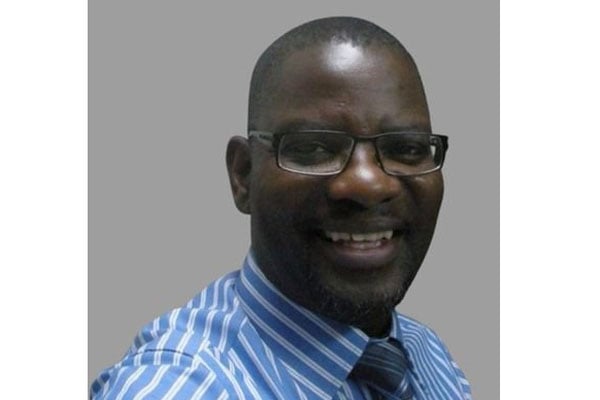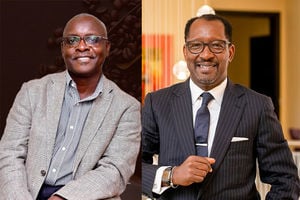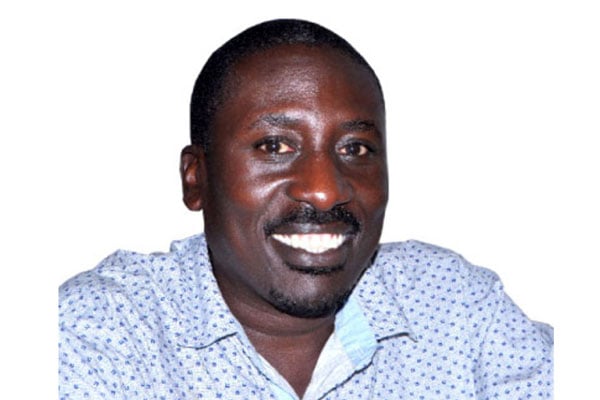
Musaazi Namiti
On November 6, former Vision Group CEO Robert Kabushenga told his followers on X, formerly Twitter, that the Public Service Commission had not shortlisted him for the position of executive director for the Kampala Capital City Authority because he did not meet the minimum requirements.
Mr Kabushenga, 56, thanked Ugandans who had “expressed their goodwill and support” and shared the notification he received from the commission. It was concise and bore the date and time stamp: 11/6/2024 4:28:06 AM.
What struck me about the notification was that the word “not” before “shortlisted” was written in capital letters. Mr Kabushenga was advised to “apply for other positions as they become available” — something job seekers dealing with rejection are very familiar with. I probably would not write about this if it was not for the reaction from Mr Kabushenga’s followers. Many expressed surprise, even shock, that he was not shortlisted because he did not have a master’s degree. Are they right? The job advert stated clearly the minimum requirements.
Here is what I saw when I reviewed it: “Applicants should be Ugandans holding an honours bachelor’s degree from a recognised university/institution plus a master’s degree in law or business administration.” It added “economics or public sector management; or public administration; or urban planning and management; or urban governance and management; or management studies from a recognised university/institution”.
The vacancy notice did not say that candidates with only a bachelor’s degree but with substantial work experience, like Mr Kabushenga, would also be considered.
Why, then, would Mr Kabushenga be shortlisted and how would that be fair to candidates who ticked all the boxes? I may be wrong, but I see something of an exaggerated sense of entitlement in Mr Kabushenga.Having said that, the commission needs to change the way it works. It seems to have antiquated recruitment procedures that have no place in the 21st Century.
A new recruitment process should ensure a skills-based hiring framework. Applicants should be given screening questions that require them to write, where applicable, answers demonstrating how their skills and experience will fix problems. Only those who do well get their CVs reviewed.
Job adverts should be written in such a way that they leave the door open for candidates who have proven skills even though they do not have advanced degrees. And CVs/resumes should be reviewed anonymised — no names of applicants and names of universities — to reduce bias.
The employer of the 21st Century is more interested in how a prospective employee will fix their problems using proven competencies, experience and skills than university degrees.
Of course, some jobs in fields such as engineering and health/medicine will always require university degrees — but a candidate looking to work as the executive director of the KCCA does not need an advanced degree.
For some jobs, candidates can do well even without related academic qualifications. Some good examples: Conrad Nkutu worked for Vision Group as corporation secretary, but he did not have a law degree, which for many years, in many Ugandan companies, was a requirement.
Jim Yong Kim led the World Bank with a PhD in anthropology, as did Paul Wolfowitz with a PhD in political science. Neither has an economics degree. Stephen Lewis was Kofi Annan’s special envoy for Aids in Africa, but he has no degree in public health let alone any degree. And Mr Kabushenga headed Vision Group not with a journalism degree but with a law degree.
For the KCCA job, however, a master’s degree was a must-have, and Mr Kabushenga’s CV had to be trashed.







